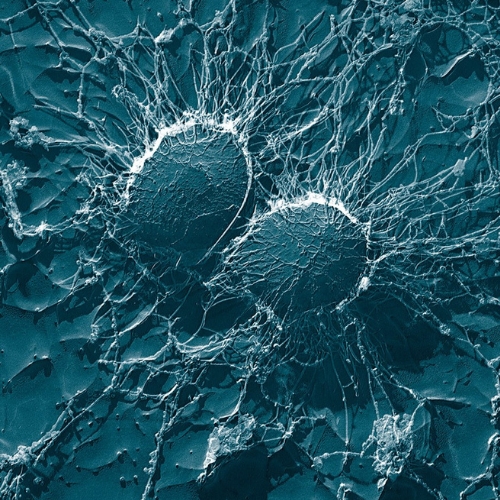Key points from article :
While scientists have long studied the human gut microbiome, most research has focused on bacteria, overlooking the equally vast and influential gut virome—the collection of viruses residing in our digestive tract. A comprehensive review published on May 28, 2025, in Precision Clinical Medicine by researchers from Sun Yat-sen University, University of Heidelberg, and the Polish Academy of Sciences explores how these viral communities, especially bacteriophages (viruses that infect bacteria), influence gut health, immunity, and disease. Unlike bacteria, viruses are harder to study, but they play a key role in shaping gut ecology by infecting bacterial hosts, modifying immune responses, and sometimes even spreading genes that contribute to disease.
The review reveals that the gut virome is highly dynamic, changing throughout life in response to age, diet, geography, and immune status. In conditions like inflammatory bowel disease (IBD), an increase in harmful phages and loss of protective ones can drive chronic inflammation by activating immune pathways such as TLR9. In colorectal cancer, phages may promote tumour development by stabilizing harmful bacterial communities or transferring cancer-promoting genes. Eukaryotic viruses, like HPV and EBV, are also being detected in tumour tissues, suggesting they may have a more direct role in disease progression.
Encouragingly, the review highlights that targeting the virome offers exciting new therapeutic possibilities. Approaches such as phage therapy, fecal virome transplantation (FVT), and diet-based interventions could selectively restore microbial balance and improve outcomes in gut-related diseases. Additionally, virome-based biomarkers may help in early diagnosis and guiding personalized treatments. As techniques in viral profiling and synthetic virology advance, the gut virome could become a powerful target in precision medicine, offering new ways to prevent and treat inflammatory and cancerous conditions.






